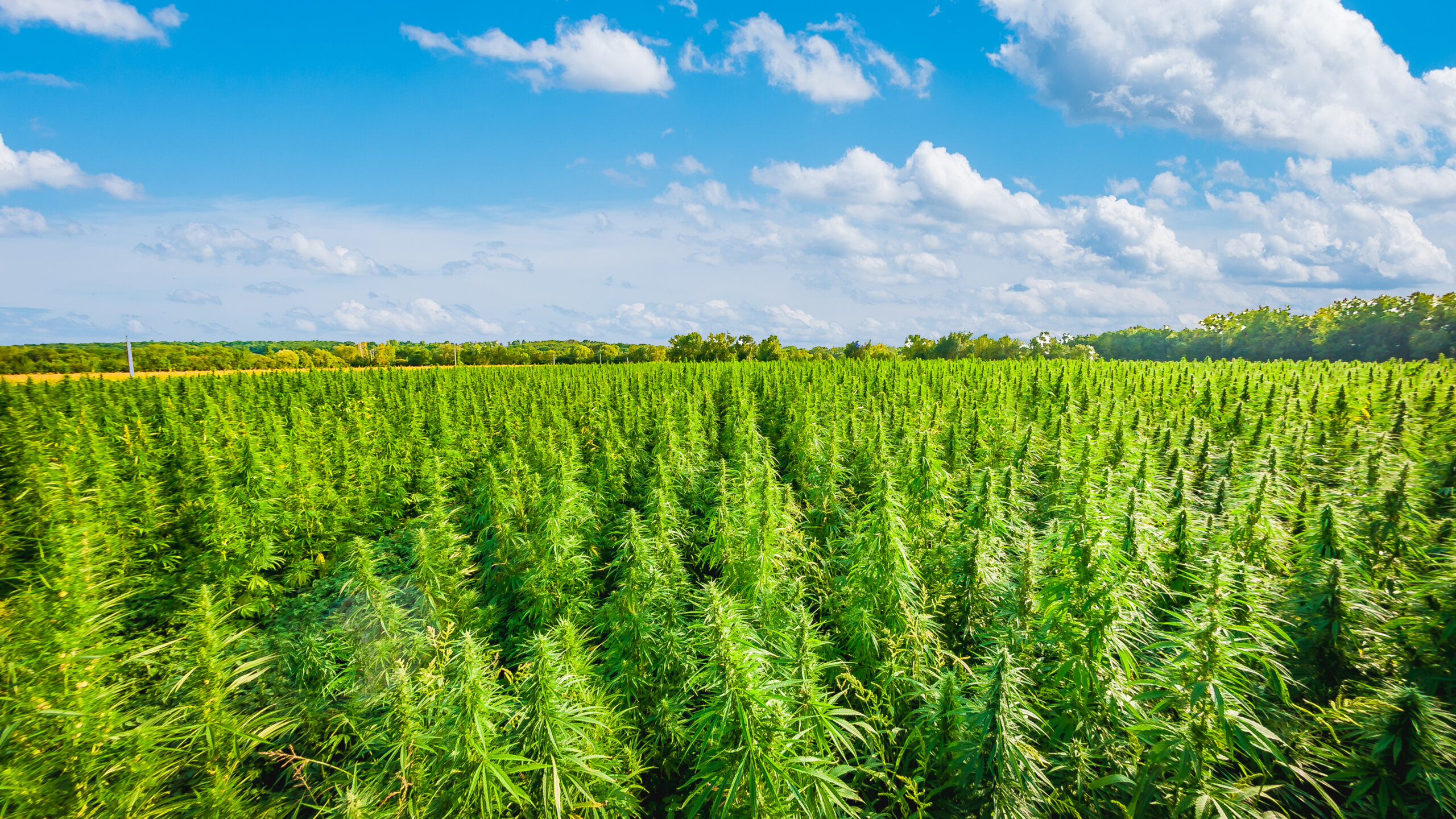We deliver to you every day from 8:00 to 20:00
- 2023
- 利用するACCESS-DEF 日本語試験情報 - CyberArk Defender Accessについて心配はいりません 🐛 「 ACCESS-DEF 」を無料でダウンロード⮆ www.goshiken.com ⮄で検索するだけACCESS-DEF勉強時間
- C_TS4FI_2020試験の準備方法|権威のあるC_TS4FI_2020 最新知識試験|信頼的なSAP Certified Application Associate - SAP S/4HANA for Financial Accounting Associates (SAP S/4HANA 2020) テスト内容 🚐 ウェブサイト“ www.goshiken.com ”を開き、「 C_TS4FI_2020 」を検索して無料でダウンロードしてくださいC_TS4FI_2020日本語練習問題
- gumm
- tinct
- cart
- tincture
The best discounts this week
Every week you can find the best discounts here.
Grape Pie – THCa Rosin [1g]
Infused Cooking Olive Oil HHC Tincture [1500mg]
Peppermint Olive Oil HHC Tincture [1500mg]
Strawberry MCT HHC Tincture [1500mg]
Strawberry MCT HHC Tincture [1500mg]
Infused Cooking MCT Oil Delta-8 Tincture [1500mg]
Infused Cooking Olive Oil Delta-8 Tincture [1500mg]
Strawberry MCT Delta-8 Tincture [1500mg]
The 2023 Farm Bill and Its Impact on THCa Products
The recently passed 2023 Farm Bill is set to bring significant changes to the cannabis industry, particularly concerning the regulation of THCa (Tetrahydrocannabinolic acid) products. This development comes as a response to the growing market and interest in cannabinoid products derived from hemp.
THCa is a non-psychoactive precursor to THC (Tetrahydrocannabinol), the primary psychoactive compound found in cannabis. Unlike THC, THCa does not produce a “high” until it is decarboxylated, typically through heat, transforming it into THC. The 2023 Farm Bill addresses the ambiguity in the legal status of THCa, which has been a subject of debate due to its transformation into THC.
Key points of the Farm Bill related to THCa include:
- Clarification of Legal Status: The bill provides a clear legal framework for the cultivation, production, and sale of THCa products. It distinguishes between THCa and THC, acknowledging that THCa is not psychoactive in its natural state.
- Regulation and Compliance: There will be stricter regulations on the labeling and marketing of THCa products. Producers and distributors must ensure that their products comply with the new federal guidelines to avoid penalties.
- Quality Control and Safety Standards: The bill mandates the implementation of rigorous quality control measures to ensure consumer safety. This includes testing for potency and purity to prevent the sale of products with higher THC levels than permitted.
- Research and Development: The bill also paves the way for more research into THCa, allowing scientists to explore its potential medical benefits without the previous legal constraints.
- Impact on Farmers and Businesses: Hemp farmers and businesses dealing in THCa products are expected to benefit from the clear legal status. However, they will also have to adapt to the new regulations to ensure compliance.
The 2023 Farm Bill represents a significant step towards the normalization and regulation of cannabis-related products in the United States. While it brings clarity and opportunities, it also imposes responsibilities on those involved in the production and distribution of THCa products. As the industry adapts to these changes, consumers can expect better-regulated and safer products in the market.
All products are Federal Farm Bill Compliant and contain less than 0.3% THC
FDA DISCLOSURE: The statements regarding these products have not been evaluated by the FDA. These products are not intended to diagnose, treat, cure or prevent any disease, consult your health physician before use. The Federal Food, Drug and Cosmetic Act requires placement of this notice.












You must be logged in to post a comment.